The Francis H. Brown African Scholarship was established in 2018 to honor the life and work of the eminent geologist Dr. Francis H. Brown. This award supports human origins research in earth sciences and botany by providing grants to East African students and researchers.
Bahru Zinaye Asegahegn, Georgina Luti, Venanzio Munyaka, and Husna Mashaka have been named as the Spring 2023 Francis H. Brown African Scholars for their work exploring geological and ecological contexts in human evolution, ancient biodiversity, climate, and paleobotany. This prestigious award recognizes their contributions to the field and their outstanding potential for future success.
We are grateful to the many generous supporters who helped make this vital scholarship program possible.
Read on to learn about the spring 2023 Francis H. Brown African Scholars.
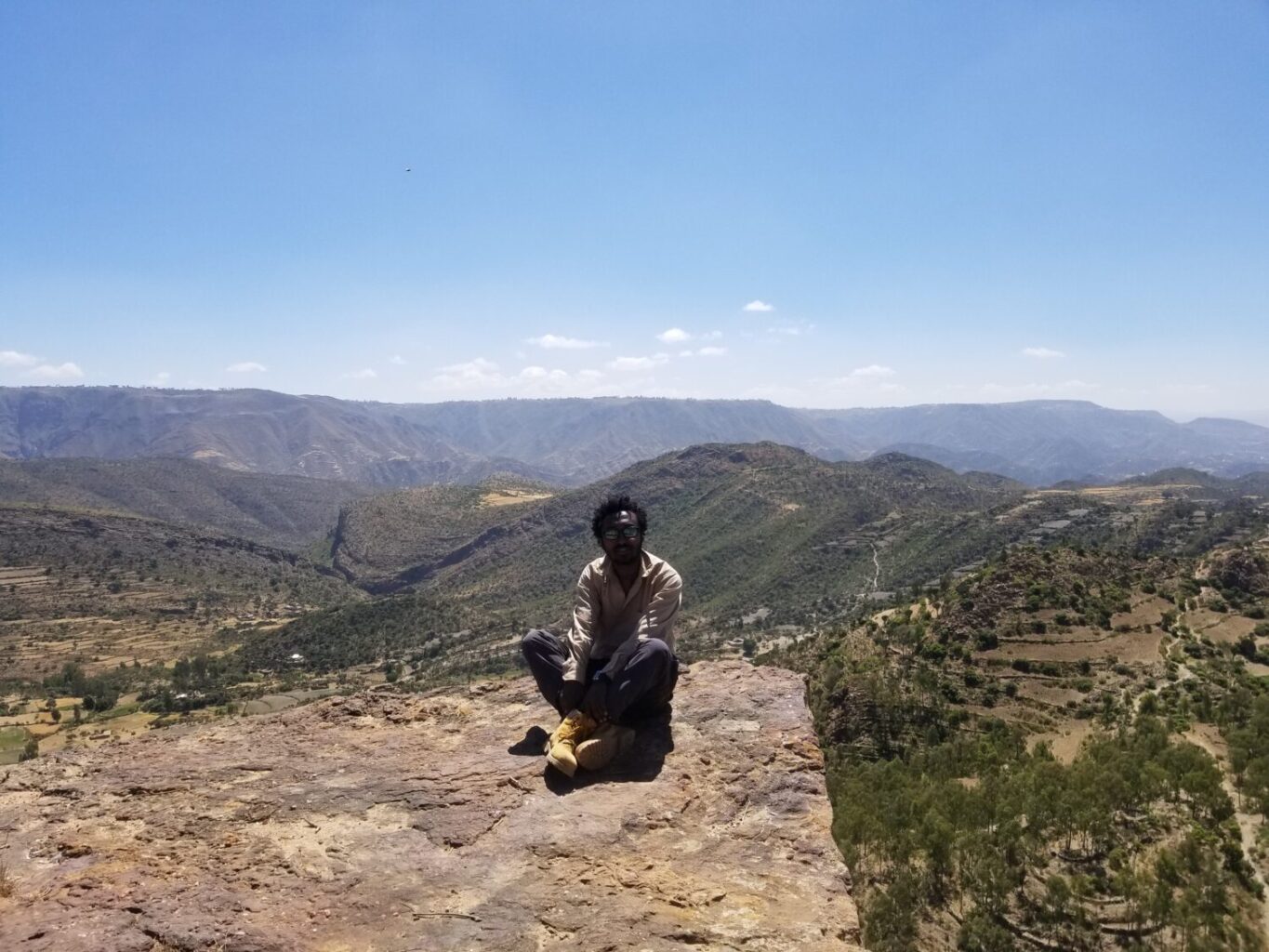
Bahru Zinaye Asegahegn, Ethiopia
Bahru Zinaye Asegahegn is a PhD candidate in the Department of Geosciences of the University of Cologne, Germany. He earned an undergraduate degree in Earth Science and a master’s degree in Petrology at Addis Ababa University in Ethiopia. Mr. Asegahegn’s dissertation research focuses on the environmental changes in Ethiopia’s southeastern highlands over the last 140,000 years. With support from the Francis H. Brown African Scholarship fund, he will combine geochemistry, geophysics, sedimentology, and paleolimnology to reconstruct the ancient environment of Lake Haramaya.
Lake Haramaya is a major lake in the eastern highlands of Ethiopia that dried up in the early 2000s. By analyzing and comparing lake records and climate models, Mr. Asegahegn is testing competing hypotheses about the migration of anatomically modern humans out of Africa. Were we pushed by climatic changes or pulled into new environments? His work will also shed light on the environmental backdrop of nearby archaeological finds.
After completing his PhD, he will return to Addis Ababa University as an Assistant Professor to continue his research and teach the next generation of Ethiopian scientists.
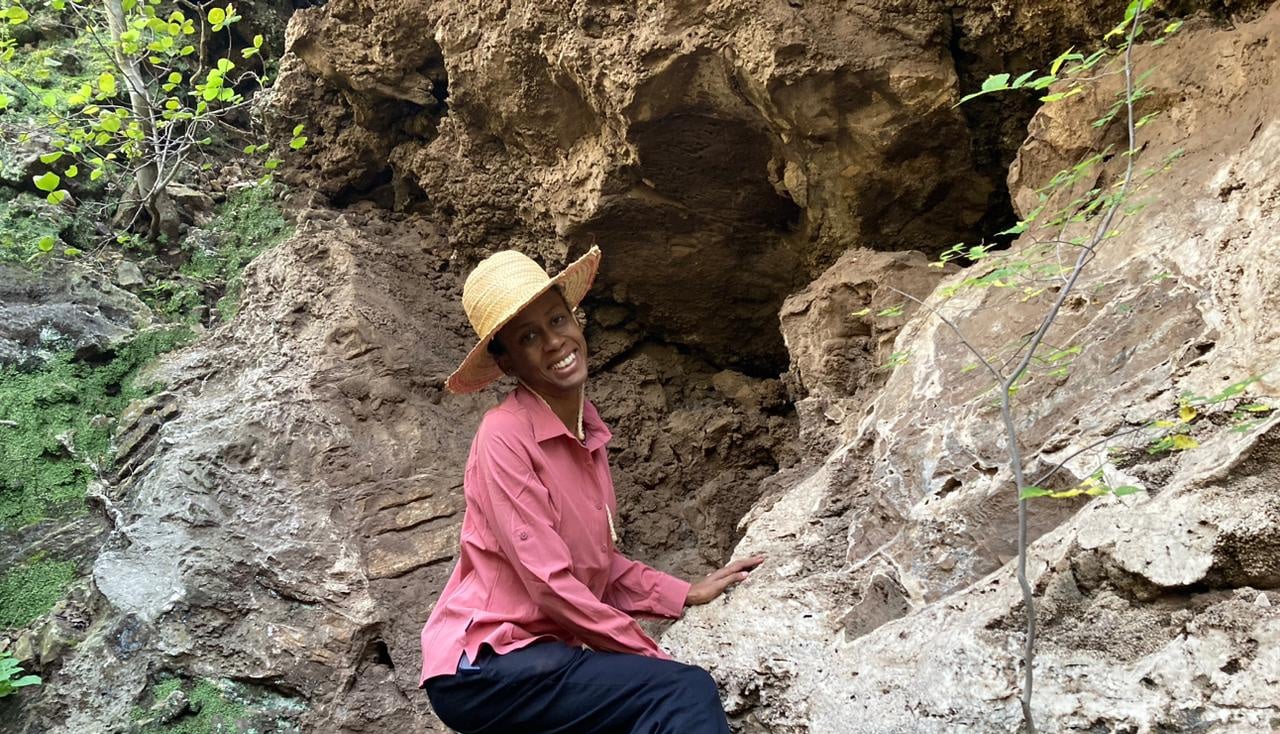
Georgina Luti, Kenya
Georgina Luti is a doctoral student in the Department of Geological Sciences at the University of Cape Town in South Africa. This is her second year as a Francis H. Brown African Scholar. She earned her bachelor’s and master’s degrees in geology from the University of Nairobi, Kenya. She also trained at the Turkana Basin Institute field school, where she learned about ecology, paleontology, geology, archaeology, and palaeoanthropology.
In addition, she completed a four-year internship in the paleontology section of the Earth Sciences Department at the National Museums of Kenya. During her tenure there, she was part of field expeditions in West Turkana and Baringo. She has also worked with UNESCO, helping to assess the sustainability of water resources in Nairobi’s urban areas.
Her PhD project is focused on two hominin archaeological sites called Gondolin and Kromdraai. These sites are the only major undated cave sites in South Africa. Her research will help provide dates for the two sites and build a more complete picture of the caves’ development through time. Her research will also involve mapping the sites and determining stratigraphical sequences. The aim of her multi-disciplinary work is to offer geological context for the fossils already found and those yet to be discovered.
She aims to teach at a Kenyan university and introduce isotope geochemistry to a new generation of students.
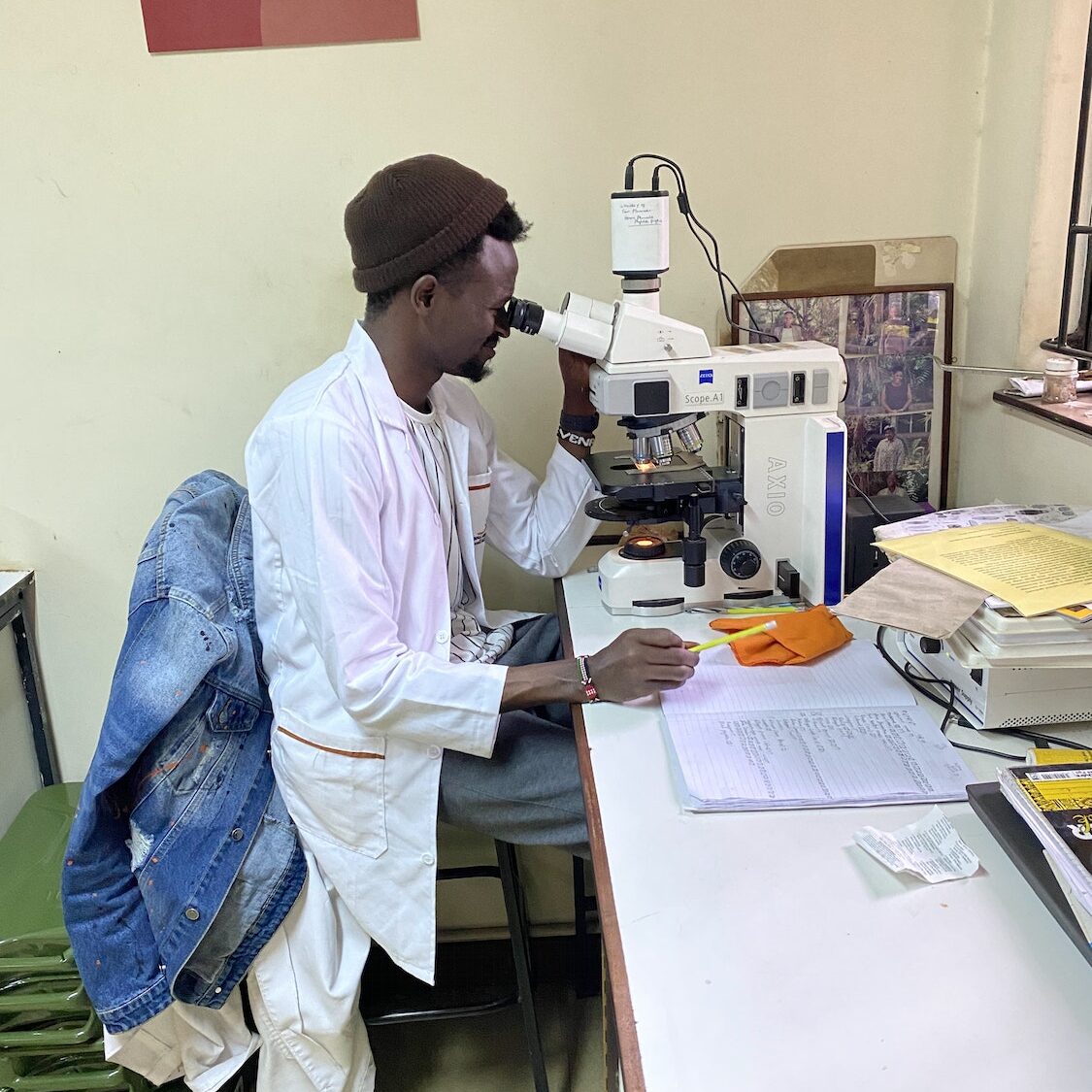
Venanzio Munyaka, Kenya
Venanzio Munyaka graduated from the University of Eldoret, Kenya, and worked as an intern in the Palynology and Paleobotany Section of the Earth Sciences Department at the National Museums of Kenya. During his internship, he applied pollen, diatom, and phytolith analyses to both modern and fossil collections to reconstruct environments through time. He attended the 2019 Koobi Fora Training and Research Program, an international 6-week program jointly administered by the George Washington University and the National Museums of Kenya. This is his second year as a Francis H. Brown African Scholar.
Mr. Munyaka is pursuing a PhD in the Department of Geosciences at Baylor University, working with Daniel Peppe as his advisor. At Baylor, he studies fossil leaves from the Koru region in western Kenya, using them to reconstruct the vegetation, paleoenvironment, and paleoclimate of the sites. His work will allow us to better understand the habitat preferences and early evolution of hominoids and catarrhines.
His goal is to work at the National Museums of Kenya, where he can use his knowledge to advance research in Kenya and assist other young Kenyans in developing careers in the study of human evolution.
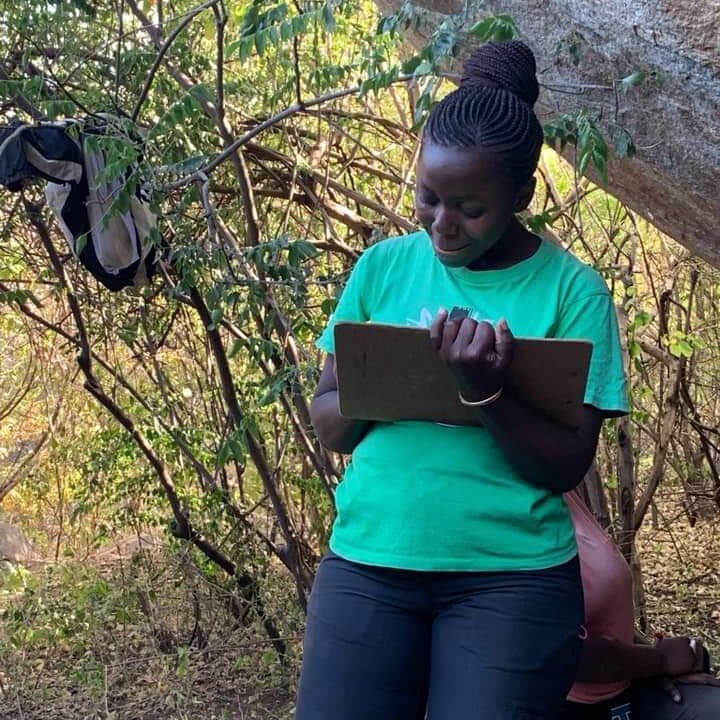
Husna Mashaka, Tanzania
Husna Mashaka is a former Baldwin Fellow who earned her master’s degree at the University of Nairobi, Kenya. She is currently pursuing a PhD at Arizona State University. Ms. Mashaka’s work focuses on understanding relationships between humans and their environments in eastern Africa over thousands of years. Her research examines differences in plant ecology using modern plants, soils, and ancient sediments to reconstruct past environments and human-environment interactions in eastern Africa.
She is particularly interested in investigating the impacts of hunter-gatherer societies in the Pleistocene and herding communities in the Holocene on local environments across central Tanzania. To establish these links, she will use phytoliths, pollen, and charcoal from archaeological sites in central Tanzania, to examine regional changes in grasslands and other ecologies. Her research will help to explain how vegetation structure within the environment influences human behavior.


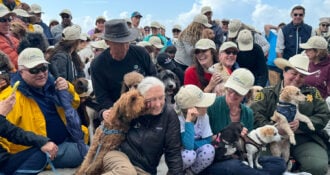
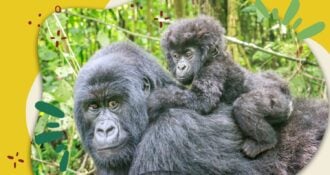

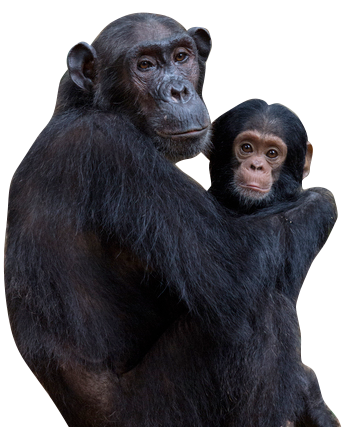
Comments 0